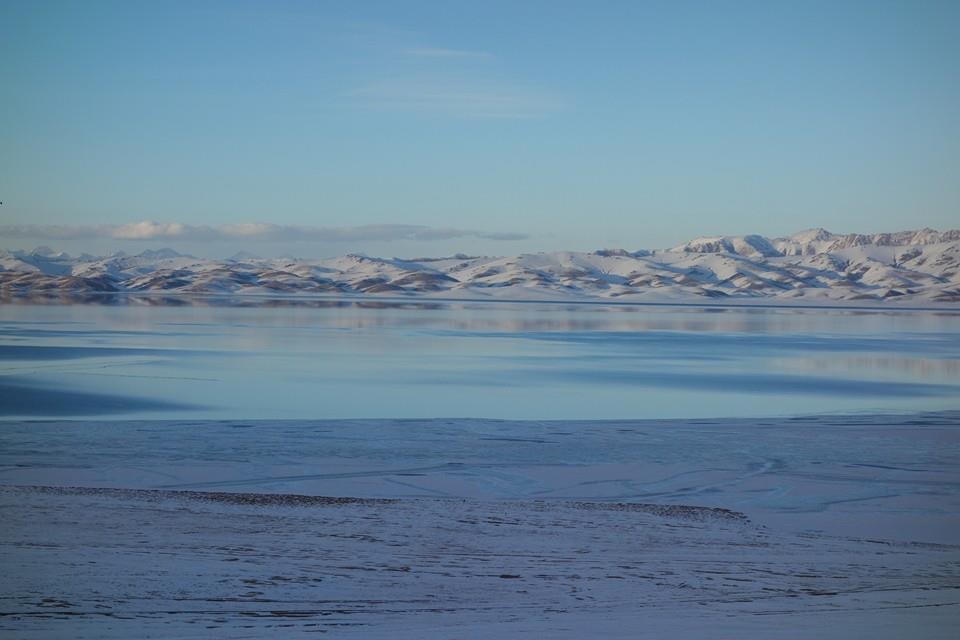In this talk, I will define nowhere scattered C*-algebras and explain their relation with the Global Glimm Problem. These algebras, which can be thought of as C*-algebras that are very far from being scattered, can be characterized in a number of ways, such as the absence of nonzero elementary ideal-quotients, or topological properties of the spectrum.
Every C*-algebra with the Global Glimm Property (in the sense of Kirchberg and Rørdam) is nowhere scattered. The Global Glimm Problem asks if the converse holds. That is to say, it asks if every nowhere scattered C*-algebra has the Global Glimm Property.
I will explain how both nowhere scatteredness and the Global Glimm Property can be characterized in terms of divisibility properties of the Cuntz semigroup. I will also mention how these characterizations can provide a new approach to the problem.
The talk is based on ongoing joint work with Hannes Thiel.
Every C*-algebra with the Global Glimm Property (in the sense of Kirchberg and Rørdam) is nowhere scattered. The Global Glimm Problem asks if the converse holds. That is to say, it asks if every nowhere scattered C*-algebra has the Global Glimm Property.
I will explain how both nowhere scatteredness and the Global Glimm Property can be characterized in terms of divisibility properties of the Cuntz semigroup. I will also mention how these characterizations can provide a new approach to the problem.
The talk is based on ongoing joint work with Hannes Thiel.


